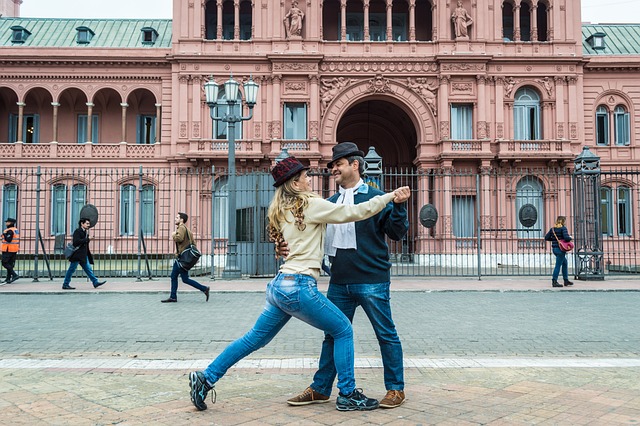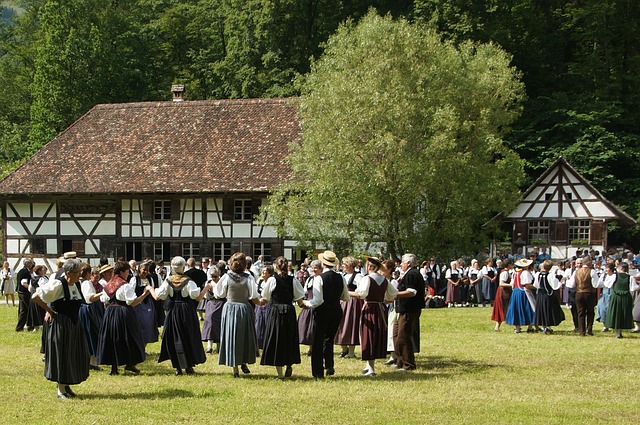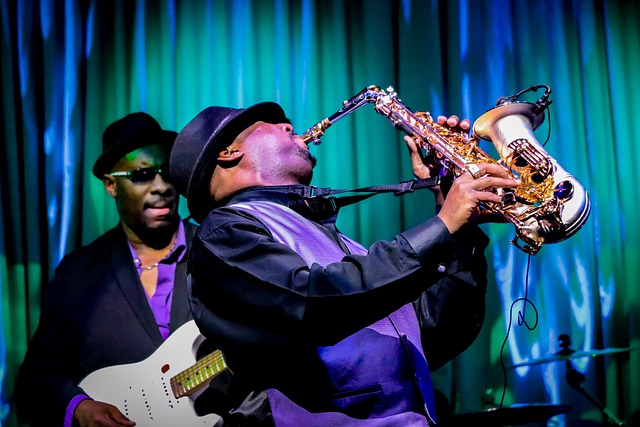Article Title:MUSICAL PRACTICES AND SPACES OF A BOURGEOIS CITY IN DEVELOPMENT: THE LAST YEARS OF MADRID ISABELINO (1850-1868)
Abstract:
Music plays a prominent role in the new modes of leisure and sociability that appeared in European cities after the liberal revolutions. Though romantic salons remained a part of this changing society, it was opera and the new lyrical genres that attracted the new bourgeoisie to the theatre night after night as it assumed political and economic power, motivated by its desire to replace the old aristocracy. We share some reflections on musical practices in mid-century Madrid, in theatres, halls, and societies, which provided leisure for a few, as can be seen from an initial analysis of the conditions and prices of admission to these forms of entertainment. We also analyse the appearance in the 60s of new spaces - among them gardens and cafe-theatres - and new practices - such as dance societies, genero chico, and open-air concerts - where symphonic music, which helped make leisure cheap and popular in Spain following the Revolution of '68, appeared alongside the lyrical genre.
Keywords: Madrid; theatres; musical practices; spaces of sociability
DOI: 10.15304/qui.18.6350
Source:QUINTANA-REVISTA DO DEPARTAMENTO DE HISTORIA DA ARTE
Welcome to correct the error, please contact email: humanisticspider@gmail.com



